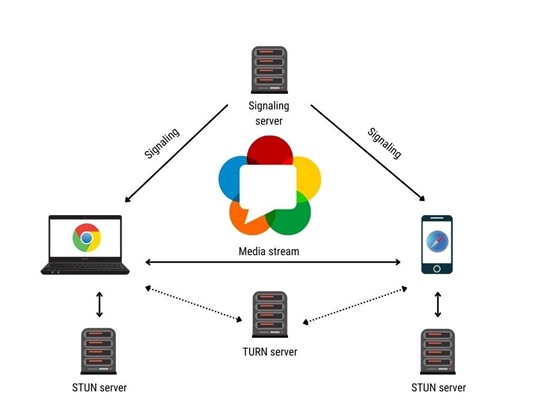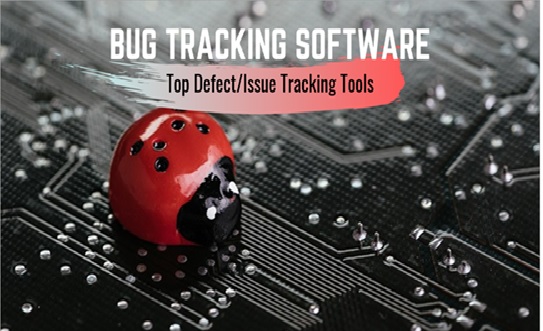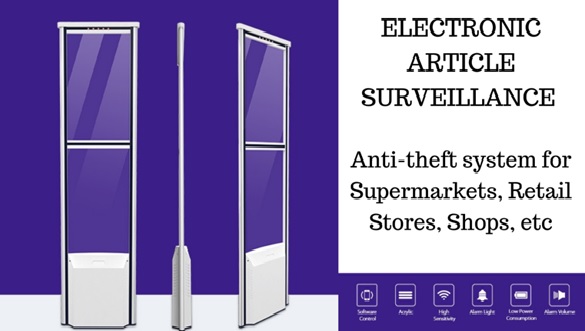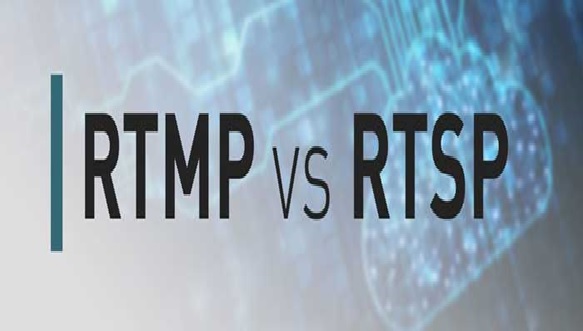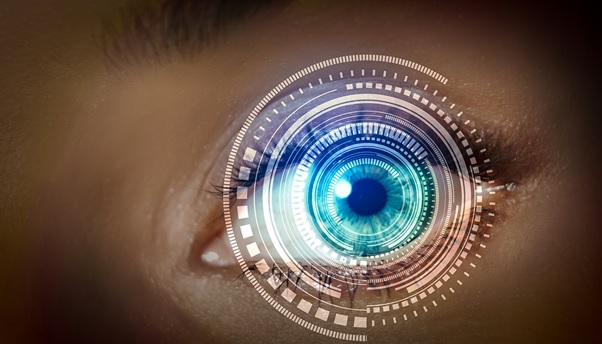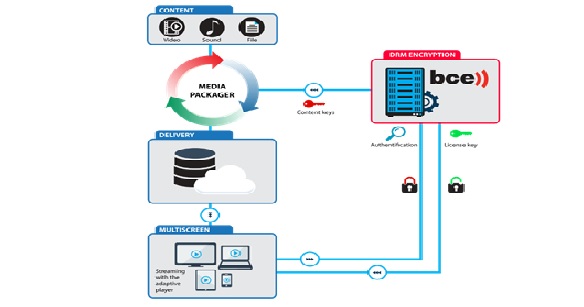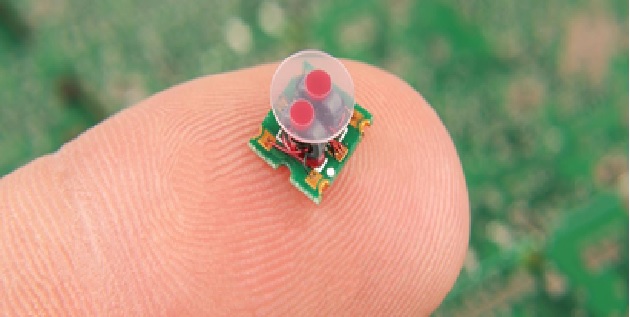Anti-Aging Drugs
Aging is a natural part of human life. However, recent discoveries indicate that pharmacological approaches used for the improvement and possibly, for the delay of the aging process, might shed a new light on this topic. This might obviously contribute to the extension of the active life of older people and maintenance of their quality of life, which could consequently reduce both social and economic burden of each country, especially the developed ones.[1]
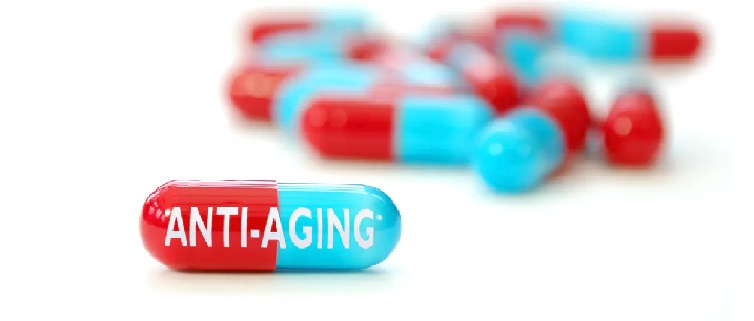
Figure 1. The Anti-Aging Drugs
Figure 1 shows Several treatments intended to slow or reverse aging are currently in their testing phase. They block the aging of cells linked to age and reduce the inflammation responsible for the accumulation of toxic substances or degenerative pathologies, such as Alzheimer’s, cancer or cardiovascular diseases. In short, we’re not trying to “cure aging”, but instead seek to improve immune functions in older people.
Many studies are ongoing. In June 2019, the American start-up Unity Biotechnology, for example, launched a knee arthritis drug test. The biotech Alkahest, on the other hand, promises to curb cognitive loss by injecting young blood components. Finally, researchers have been testing rapamycin, an immunosuppressant, as an anti-aging treatment for many, many years. The latter shows great promises, as it improves immune functions by as much as 20%. [2]
Health Benefits of Anti-aging Drugs
Aging, as a physiological process mediated by numerous regulatory pathways and transcription factors, is manifested by continuous progressive functional decline and increasing risk of chronic diseases. There is an increasing interest to identify pharmacological agents for treatment and prevention of age-related disease in humans. Animal models play an important role in identification and testing of anti-aging compounds; this step is crucial before the drug will enter human clinical trial or will be introduced to human medicine. One of the main goals of animal studies is better understanding of mechanistic targets, therapeutic implications and side-effects of the drug, which may be later translated into humans. In humans, these drugs were demonstrated to reduce inflammation, prevent CVD, and slow down the functional decline in certain organs. Additionally, potential anti-aging pharmacologic agents inhibit cancerogenesis, interfering with certain aspects of cell metabolism, proliferation, angioneogenesis and apoptosis. [3]
Anti-ageing compound with a new target
The drug rapamycin recently became one of the most promising anti-ageing substances and shows positive effects on health in old age. "Rapamycin turns down the TOR signalling pathway that regulates a wide spectrum of basic cellular activities such as energy, nutritional and stress status. In short, we use rapamycin to fine-tune the master regulator of cellular metabolism", explains Yu-Xuan Lu, postdoc in the department of Linda Partridge and first author of the study. "Meanwhile, we know that histone levels have a critical impact on the ageing process. However, we had no idea whether there is a link between the TOR signalling pathway and histone levels, and more importantly, whether histone levels could be a druggable anti-ageing target."[4]
The Future:
The Aesthetic & Anti-Aging Medicine World Congress (AMWC) was organized in Monte Carlo, Monaco, by EuroMediCom (Informa Group). During the five sessions of the conference, opinion leaders and industry experts shared knowledge and had discussions regarding anti-aging and aesthetics. Due to the rising number of such conferences and seminars, the global anti-aging market is set to experience an 8.1% CAGR during 2020–2030, to grow from $191.5 billion in 2019 to $421.4 billion by 2030, according to P & S Intelligence.[5]
References:
- https://pubmed.ncbi.nlm.nih.gov/29189123/
- https://www.thepourquoipas.com/post/the-next-big-thing-2050-technologies
- https://pubmed.ncbi.nlm.nih.gov/30888659/
- https://www.technologynetworks.com/drug-discovery/news/anti-aging-drug-candidate-rapamycin-alters-how-dna-is-stored-349671
- https://www.prnewswire.com/news-releases/anti-aging-market-revenue-worth-421-4-billion-by-2030-ps-intelligence-301247104.html
Cite this article:
Thanusri swetha J (2021), Anti-Aging Drugs, Anatechmaz, pp. 29




